
There are questions that come up over and over again: new CG artists have a lot on their plate, from deciding on hardware to keeping their motivation high throughout the trials of learning a new (and notoriously difficult) skill. Here are the most common head scratchers that many of us have wondered about.
"If I want to be a professional CG artist, do I have to go to art school?"
Short answer: no. Your portfolio, which is a true representation of your current skillset and your future potential, matters more than an art school degree in today's creative industry. However, the long answer is more complicated (isn't it always?).
Going to school means you're actively learning how to learn, which isn't as easy as it may seem (more about that later). Studying among your peers also means creating a network of valuable contacts and having direct access to mentors. But then there's the awkward topic of student loans which are, frankly, no fun.
We believe that with the right mindset, you can learn online just as well as you could in a school environment - for some of us, it's the best way there is! You'll just need to give it some extra effort.
Here's our full take on whether going to an art school for CG is truly worth it.
"I have three day jobs and 7 kids. How can I find the time to learn CG?"
"I'm too busy" is the single most common reason people quit CG Cookie. Even highly motivated new artists who first join CGC bright-eyed and bushy-tailed, excited to tackle CG headfirst and kickstart a new career. But then their learning takes a second seat to their everyday duties - school, work, family, video games, their bodybuilding hobby - and finding the time to continue learning feels daunting.
But here's the thing: Since we all have 24 hours in a day, the concept of 'having time' is purely a matter of prioritizing. If a task is important enough for you, you will find a way to get it done.
If you still feel like you don't have time to learn, think about whether you're using the time for the things you really want.
"I'm not progressing as fast as I wanted. What am I doing wrong?"
We said earlier that learning is not always an easy, natural process that just magically happens. To learn effectively, you first need to learn how to learn. It doesn't get much more meta than this.
It's the basic "quality over quantity deal": How you learn matters more than how much time you spend at it. And while learning styles are as unique as each student, these are a few golden principles of learning from writing things down to setting realistic goals and creating and ecosystem of motivation around you to keep you going when the going gets tough.
"Do I need a tablet?"
Depending on your interest, a tablet may be a luxury or a necessity.
A tablet is pretty much essential if your chosen discipline is digital painting, 3D sculpting, or texture painting. For rigging, animation, dynamics, and compositing, it is not nearly as prevalent (though still used by many). So far so good.
But once you've decided to get a tablet, you still need to make up your mind over which brand to go with and how much money to spend. So how do you decide? Here are our recommendations for things to consider when you start thinking about getting a tablet (and carpal tunnel prevention is just one of them).
"Will I ever be able to make money with digital art?"
If you devote sufficient time to learning your new skills, the answer will almost certainly be yes. In fact, the barriers to entry for freelance digital artists are lower than in many other careers. Amazingly, there are artists out there who are landing their first clients just months after they started learning CG.
Your options are pretty varied, too: When it comes to 3D, there are multiple ways to make money. With the ongoing growth of CG industry, the sky is literally the limit if you put enough effort in.
"I'm not seeing progress...is it normal to feel frustrated?"
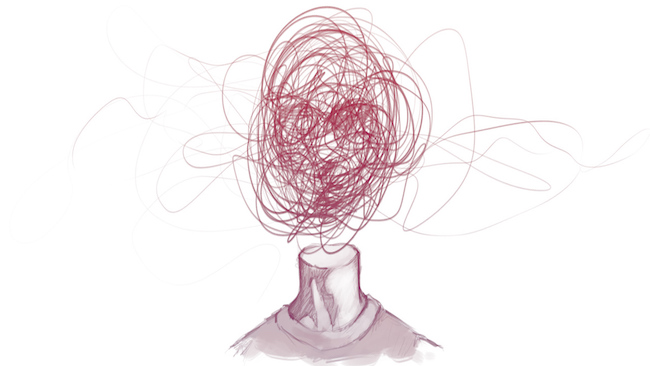
Um, yeah! Every artist feels disappointed with their ability every once in a while. The key is not to let this feeling get you down, but to use it to boost your skills instead.
You can hack your frustration and turn disappointment into creative fuel: The trick is to ask yourself the right questions, and use the answers constructively to advance your growth.
"Does 3D modeling have any real-life applications?"
Only about eight trillion. 3D doesn't just mean movies and games (as if that wasn't enough!). From architectural visualization to 3D printed medical instruments, 3D is employed in a multitude of industries. Commercial applications aside, being able to work in 3D can come in handy on a much smaller scale, too: Our Blender trainer Kent Trammell took to Blender to remodel his house and has some advice on how you can do the same.
"Do I have to practice every day to get really good?"
<cliché> Practice makes perfect! </cliché>
Boring...but true. Keeping in mind what we said about learning smarter, not harder: Practicing a little bit on a regular basis is a lot easier than deciding to model a full fairytale dragon each month. Biting off more than you can chew will leave you frustrated and less likely to keep trying.
Setting realistic goals is key: start small, build your habits until practicing CG becomes effortless, and you will improve faster than you've imagined. Here are our top tips for drawing more, every day, without fail.


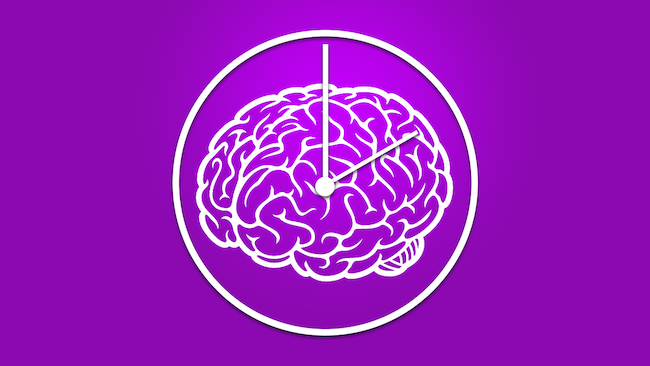

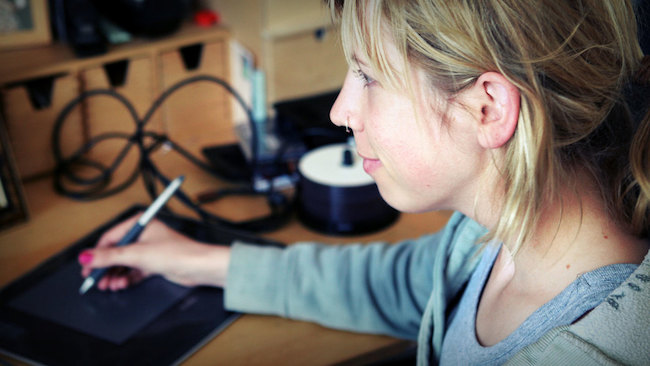
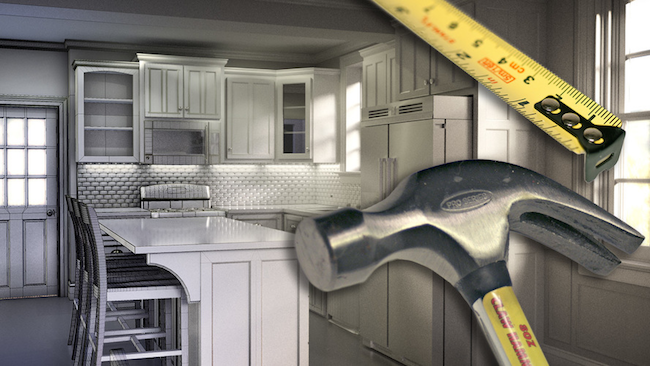
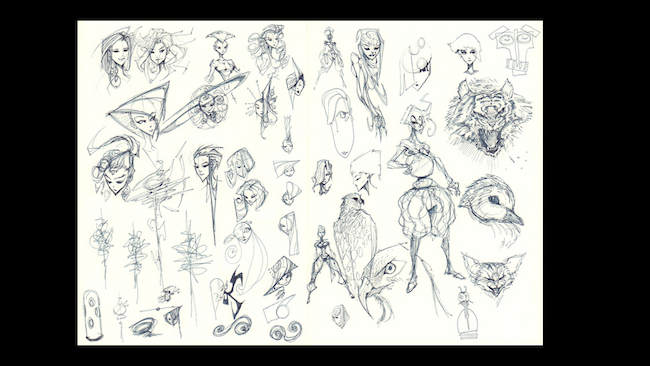
sorry i dont read long articls
It is another great article!!! It seems you guys ready my mind! Each and every blog post seems to be written for me! I always think about time, progress, quality (or lack of quality) and, why not, money... I have being learning Blender since 2009, but without any "quality" on this learning process! It have been a long journey were I continuously gave up and closed Blender for months! I'm trying again now, but it seems to be different from all times! Now, I'm doing that step by step... keeping goals as big as I can reach them, no dreams of big screen movies, no amazing creatures with lots of features... Now, I'm doing it step by step... learning basics and fundamentals, creating nice basis... growing it step by step and practicing. CG Cookie is responsible for this mindset change! I'm working smarter now, not harder!